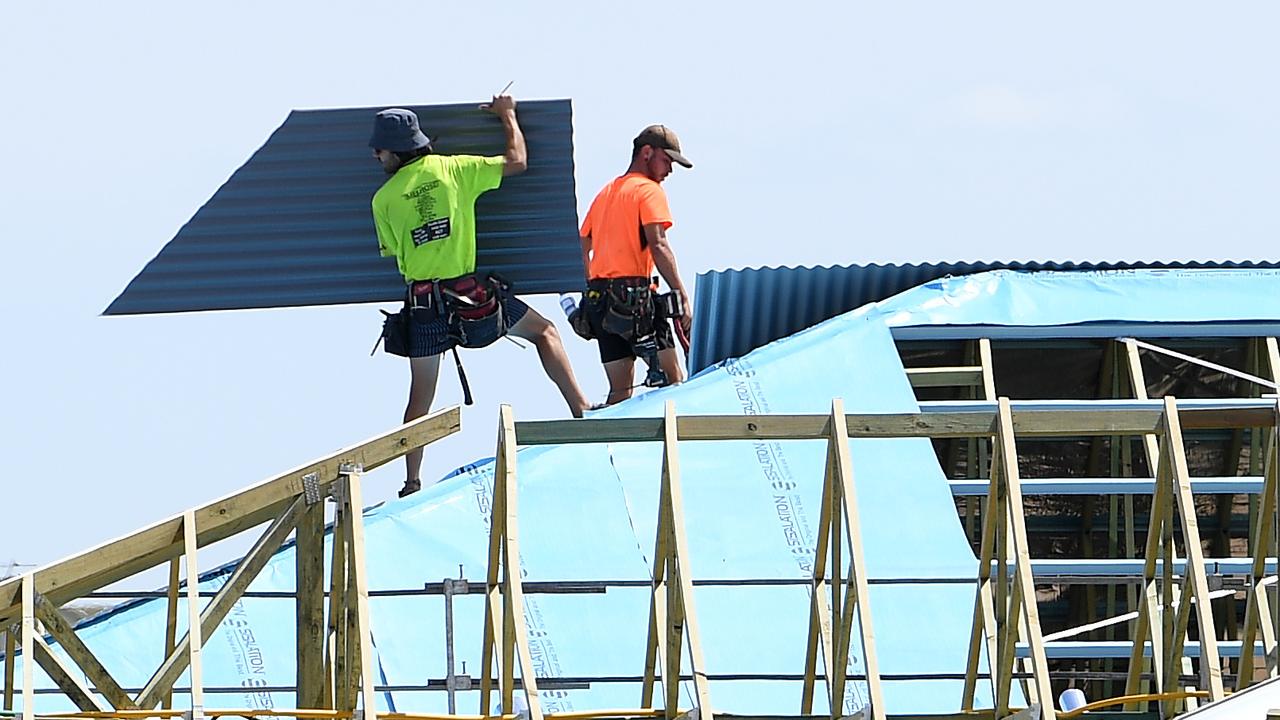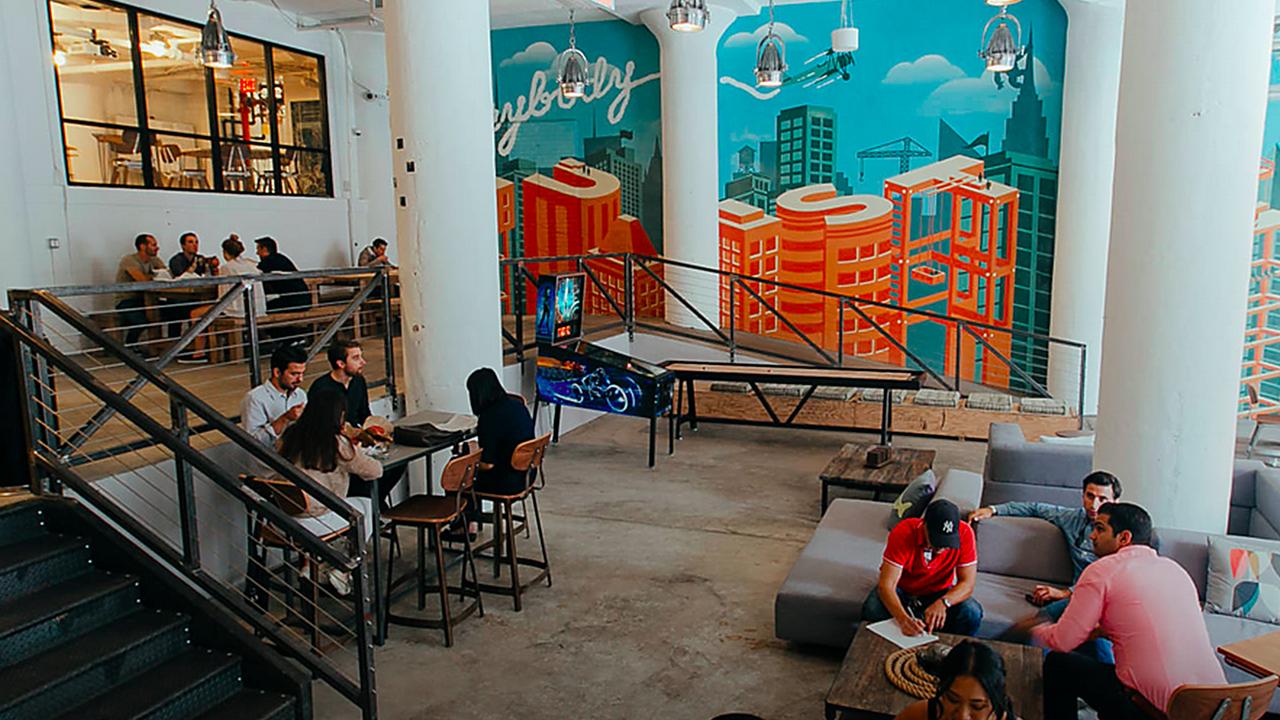Gorgon gas deal means cultural links
THE confirmation of the Gorgon gas deal has linked the commercial, and I suspect cultural, destinies of Australia and China for the next 20 years.
There may be spats, there may be outright disagreements - but link two nations by trade and somehow commerce manages to find a way forward.
Not that this it is unusual for Australia to have a strong commercial relationship with an Asian nation. Japan, for example, has been our No 1 export market for decades. In fact, there was a period in the early 1990s when Japan dominated inbound tourism. There is still a direct flight between Osaka and Cairns, which is testimony to this market's resilience.
The Gorgon deal is clear evidence of a strengthening commercial relationship with China, and if this relationship follows the Japanese path in due course there will also be stronger cultural links.
This is a view supported by the Tourism Forecasting Committee, which expects most growth in overseas visitor numbers to Australia over the next decade will derive from China.
Currently there are direct flights between Australia's major capital cities and Hong Kong. There are limited additional direct connections between Sydney and Melbourne and Shanghai and Guangzhou.
It would not surprise me to see direct connections between regional destinations in Australia and China by the end of next decade. And why not? Australia supports an international airport in the tropics on the east coast (Cairns); in time, why not a similar facility in Broome?
And speaking of Broome, here is a community of barely 12,000 permanent residents that acts as the de facto capital city for the whole of the northwest. If this region is to be developed further as a centre for resources and energy, surely there will be a requirement for enhanced military representation.
After all, Townsville accommodates Lavarack Barracks and Darwin maintains Robertson Barracks. Would it not be wise to develop a major city in the northwest to support our claim to the resources of the Kimberley and the Pilbara, as well as to those of the North West Shelf?
I don't think it's at all unreasonable to expect Broome to be a city of 100,000 by the middle of the 21st century. It could be, in every sense, a Townsville of the west anchored by industry and the military.
The idea of strategically placing military installations near critical resources is hardly new. Victoria's primary military airbase, for example, shifted from Laverton on Melbourne's western flank to Sale in East Gippsland when oil from Bass Strait was developed in the second half of the 20th century.
All this hinges, of course, on the further development of our commercial relationship with China. Here is a nation of 1.334billion residents including 775 million workers. It is true that the workforce of this nation will begin to shrink within a decade because of the one-child policy of the 1970s.
But this will hardly dent local demand for household goods in the short- to medium-term. A shrinking workforce is an issue in somewhere like Japan, where workers are fully leveraged into the consumer market: any drop in worker incomes transfers directly into softer demand.
The real engine behind the rise of China is not the volume of productive workers (although in time this will be so), it is in the "middle-classisation" of the community. Workers transferring from subsistence farm work to low-paid factory work can and do buy household goods that make a material difference to their quality of life, such as a refrigerator, washing machine or motorbike.
There is no word in the English language that adequately captures people's desire to improve their lot. I have called the process middle-classisation and it's an important concept for Australia and for Broome.
It refers to the introduction of a middle class who have the capacity and will to buy consumer goods.
The reason middle-classisation is important is that regardless of how much the Chinese workforce shrinks, the fact remains that there is a productive and consuming pool of 700-plus million Chinese who will want the sort of products that Australian resources can produce.
Just as the Japanese-Australian business market of the 1960s translated into tourism and cultural linkages in the 1980s, the same will apply to Chinese-Australian interests in the coming decades.
I can foresee a bigger, bolder city in the vicinity of Broome by the middle of the 21st century projecting (and protecting) this nation's claim to the riches of the northwest. And the thing that will make this happen is not some grand nation-building budget allocation from Canberra, but the middle-classisation of China.
Bernard Salt is a KPMG Partner bsalt@kpmg.com.au
twitter.com/bernardsalt


